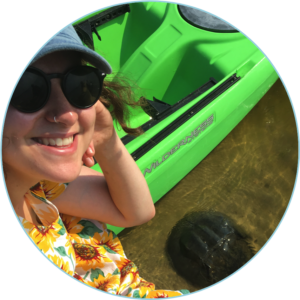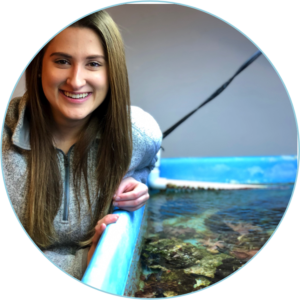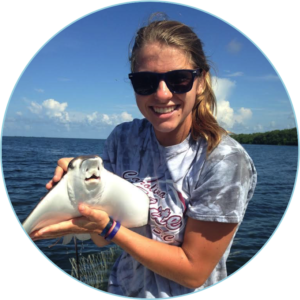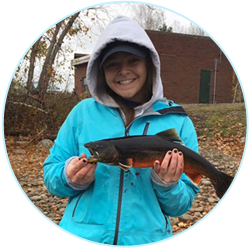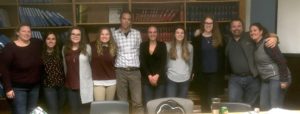Kristina Cammen
Associate Professor of
Marine Mammal Science
kristina.cammen@maine.edu
Download CV
ResearchGATE
Google Scholar
I approach marine mammal science with a broad focus on ocean health that incorporates interconnected components of animal, human, and ecosystem health. My research program utilizes genetic and genomic techniques to study evolutionary adaptation, population ecology, and conservation biology. I am driven by questions of how individuals have adapted to survive threats in their environment over evolutionary and ecological timescales, and how genetic variation (or lack thereof) affects resistance to these threats in the face of rapid environmental change. My research focuses primarily on marine mammals that are sentinels of ocean health and species of conservation concern, though I have also investigated questions of adaptation to natural and anthropogenic stressors in estuarine fish and saltmarsh birds.

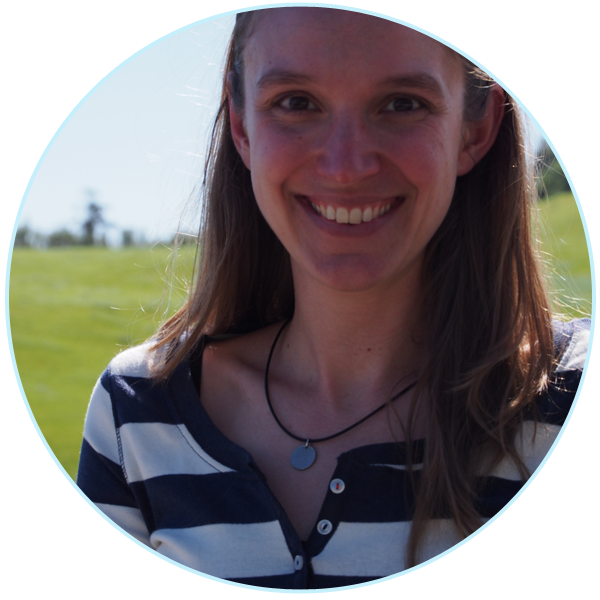
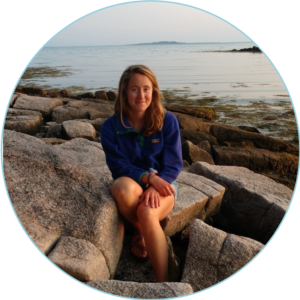
 Ph.D. Candidate, Marine Biology
Ph.D. Candidate, Marine Biology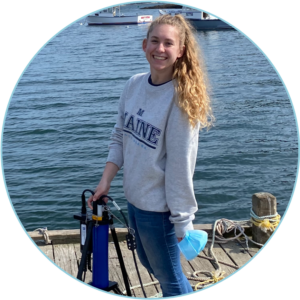 Ph.D. Candidate, Marine Biology
Ph.D. Candidate, Marine Biology
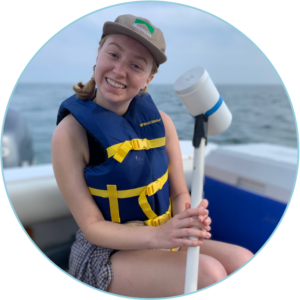

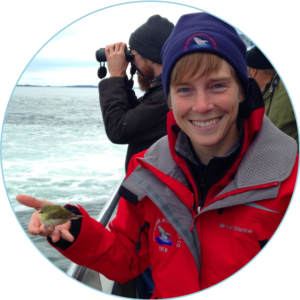 M.S., Marine Biology
M.S., Marine Biology
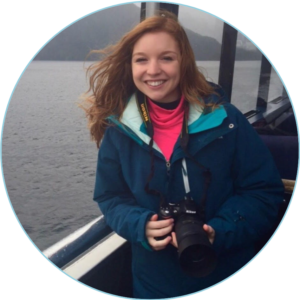
 One Health REU
One Health REU 
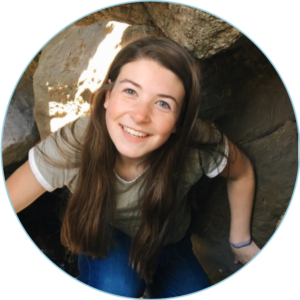
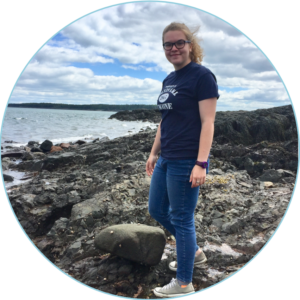
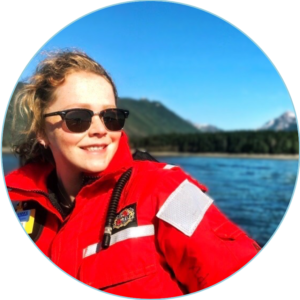

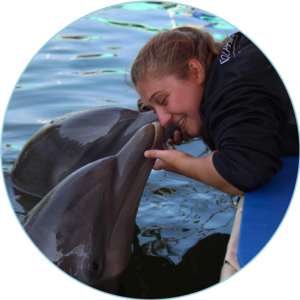
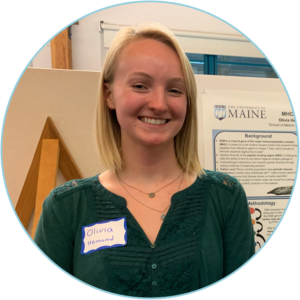 One Health REU
One Health REU 